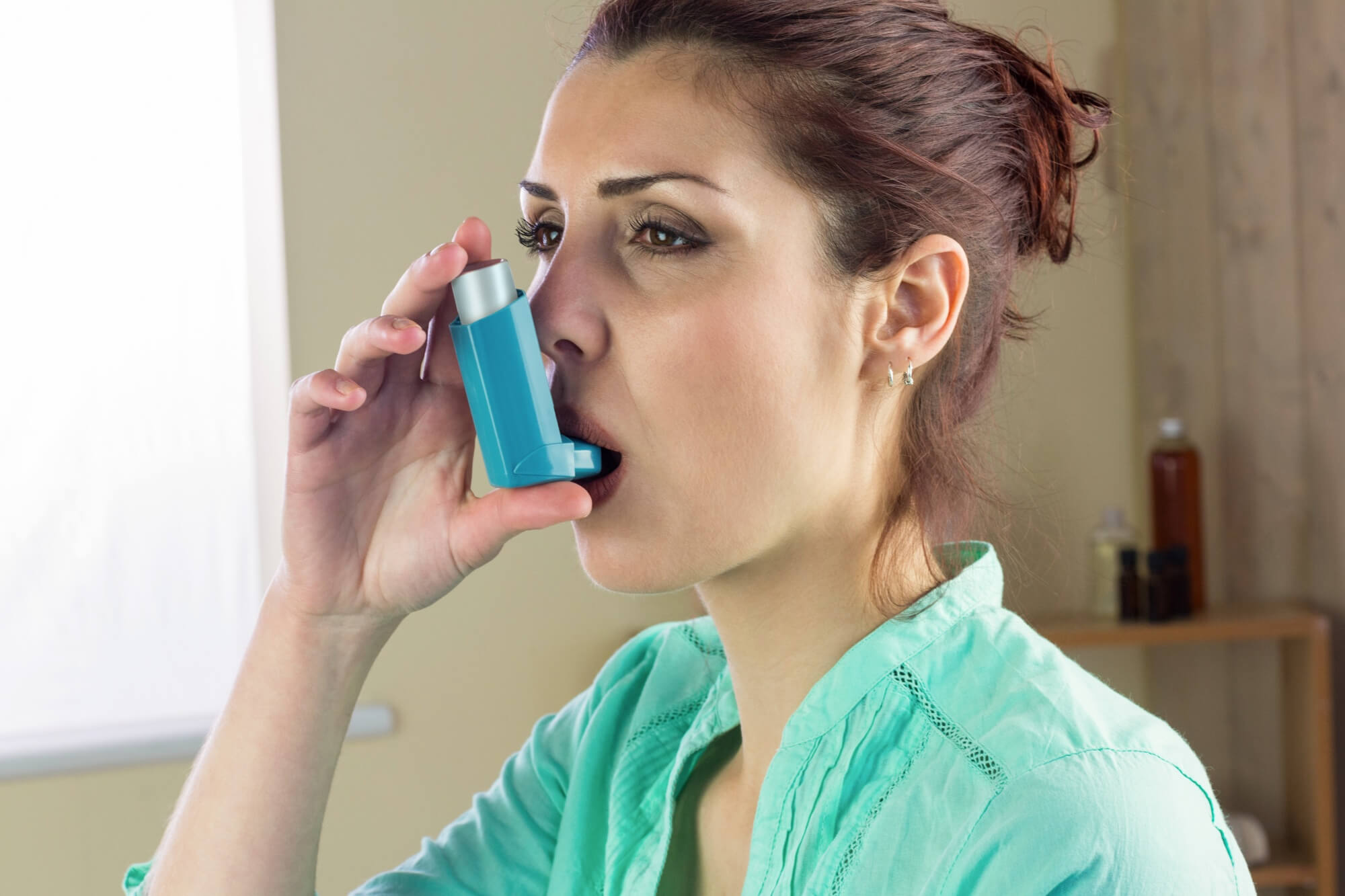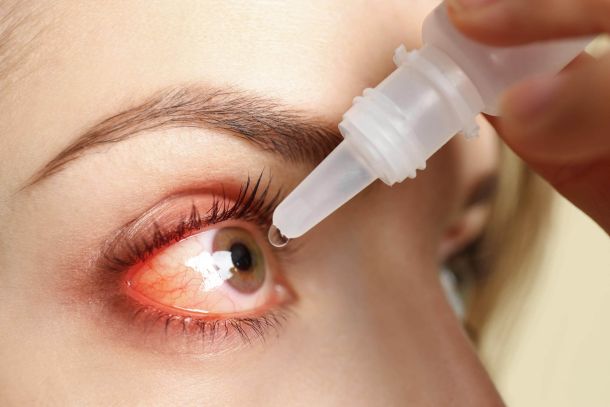Allergic tracheitis: how to prevent and treat it


Viktor Levchenko
Allergic tracheitis is a type of tracheitis in which inflammation of the trachea is caused by an allergic reaction to certain substances called allergens. This condition can occur at any age and can manifest itself with a variety of symptoms. In this article, an experienced allergist will detail the causes, symptoms, and treatment of allergic tracheitis, as well as how to treat this condition in adults.
Tracheitis and bronchitis: what is the difference?
Tracheitis is an inflammation of the trachea, while bronchitis is an inflammation of the bronchi. Both diseases can be allergic in nature, but differ in the location where the airways are affected.
Causes of allergic tracheitis
Allergic tracheitis can be caused by various allergens, such as dust, plant pollen, pets, mold, and certain foods and medications.
Risk factors for allergic tracheitis include hereditary predisposition, frequent respiratory infections, reduced immunity, and exposure of the body to adverse environmental conditions.
Symptoms of allergic tracheitis

- One of the main symptoms of allergic tracheitis is a dry cough, which can become more intense at night and during physical activity.
- Throat wheezing or wheezing may be caused by a narrowing of the airways caused by inflammation and swelling of the throat mucosa.
- With allergic tracheitis, shortness of breath and difficulty breathing may occur, especially with physical exertion or changes in weather.
- Allergic tracheitis patients may experience weakness and fatigue as a result of impaired respiratory function.
- Continuous coughing may cause patients to have chest and muscle pain.
- Sometimes with allergic tracheitis, there may be an increase in body temperature, especially with concomitant infectious processes.
Diagnosis of allergic tracheitis
To diagnose allergic tracheitis, the doctor may prescribe allergy tests, general blood tests, chest x-rays, and bronchoscopy. Allergy tests may also be done to determine the cause of the allergic reaction.
Treatment of allergic tracheitis

Medication
The doctor may prescribe antihistamines such as loratadine, cetirizine, or fexofenadine to eliminate the allergic reaction and reduce the symptoms of allergic tracheitis.
Sprays and inhalers with bronchodilators such as salbutamol or formoterol may be prescribed to ease breathing and reduce swelling of the tracheal mucosa.
In the severe course of allergic tracheitis, corticosteroids such as prednisolone or betamethasone may be used, which have anti-inflammatory and anti-allergic effects.
Mucolytic and anti-cough medicines such as ambroxol or glautin may be prescribed to help expectorate sputum and reduce the intensity of the cough.
Nonmedicamental treatment
An important aspect of treating allergic tracheitis is to identify and eliminate allergens from the patient's environment and diet. In addition, a drinking regimen, humidifying the air in the room, and avoiding irritants to the respiratory tract should be followed.
Immunotherapy

In some cases immunotherapy - a method of treatment aimed at reducing the body's sensitivity to allergens by gradually introducing small doses of the allergen - may be prescribed.
Prevention of allergic tracheitis
Preventive measures include avoiding contact with allergens, strengthening the immune system, timely treatment of respiratory infections, and ensuring a healthy lifestyle, good nutrition and sufficient physical activity.
In conclusion, I would like to emphasize that allergic tracheitis requires timely diagnosis and adequate treatment. If you notice yourself or your loved ones symptoms characteristic of the disease, be sure to consult an allergologist. Thanks to the competent pod Most cases of allergic tracheitis are successfully treated, allowing patients to return to a full life. Do not forget about prevention and seek medical help in case of exacerbations.
New materials
Popular Articles
We recommend reading
Contact us in the Contact Us section to ask questions, offer ideas, or for more information about our allergy resource.
Our articles are your trusted source of allergy knowledge. Learn how to make life with allergic reactions easier on our specialized portal.
©
Lechenie-Allergii.com. All rights reserved.
© Lechenie-Allergii.com. All rights reserved.
The information on this site is for informational purposes only and is not a substitute for professional medical advice. We recommend consulting with qualified medical professionals for accurate information and advice.
 English
English  Українська
Українська  Русский
Русский 









